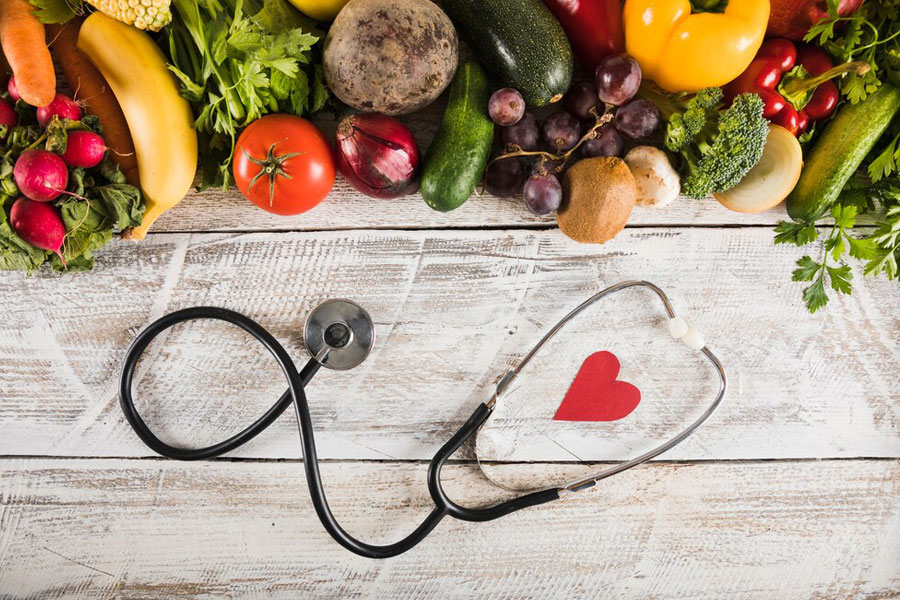
Maintaining a healthy lifestyle begins with what you put on
your plate. Healthy diet foods are more than just a trend; they are the
cornerstone of a long and fulfilling life. By understanding which foods to
choose and how to balance them, you can significantly improve your overall
well-being and achieve your health goals.
What Are Healthy Diet Foods?
Healthy diet foods are those that are minimally
processed, nutrient-dense, and provide essential vitamins, minerals, and other
vital nutrients. These foods are typically low in added sugars, unhealthy fats,
and artificial ingredients. They include fresh fruits, vegetables, whole
grains, lean proteins, and healthy fats. The combination of these elements ensures
that your body receives everything it needs to function optimally.
The Core Benefits of Healthy Diet Foods
- Boosts
Energy Levels
Nutrient-rich foods, such as whole grains and fruits, provide sustained energy throughout the day. Unlike processed snacks, which often cause energy crashes, these foods keep you active and focused. - Supports
Weight Management
Foods high in fiber and protein, like legumes, nuts, and vegetables, help keep you full longer and reduce the temptation to overeat. They also aid in maintaining a healthy metabolism. - Enhances
Physical and Mental Health
Nutrient-dense foods, particularly those rich in omega-3 fatty acids like salmon and walnuts, support brain health. At the same time, antioxidant-packed fruits and vegetables help reduce inflammation and protect against chronic diseases. - Strengthens
the Immune System
Incorporating foods rich in vitamins C and E, such as citrus fruits and almonds, can enhance your immune system and help your body fight off illnesses more effectively.
Examples of Healthy Diet Foods
- Vegetables
and Leafy Greens
Broccoli, spinach, and kale are powerhouses of vitamins and minerals. They are low in calories but high in fiber and antioxidants. - Fruits
Apples, bananas, and berries are convenient, naturally sweet, and loaded with essential vitamins like vitamin C and potassium. - Lean
Proteins
Skinless poultry, eggs, and tofu are excellent sources of protein, essential for muscle repair and growth. - Whole
Grains
Quinoa, brown rice, and oats are rich in complex carbohydrates that provide energy and help regulate blood sugar levels. - Healthy
Fats
Avocados, nuts, and olive oil contain monounsaturated fats that support heart health and improve cholesterol levels.
Tips for Incorporating Healthy Diet Foods
- Plan
Your Meals: Creating a meal plan ensures a balanced diet and reduces
reliance on fast food or processed meals.
- Cook
at Home: Preparing your own meals allows you to control ingredients
and portion sizes.
- Snack
Wisely: Choose healthy snacks like carrot sticks, hummus, or a handful
of almonds instead of chips or candy.
- Stay
Hydrated: Pairing healthy meals with adequate water intake helps your
body digest and absorb nutrients more efficiently.
A Day of Healthy Eating
- Breakfast:
A bowl of oatmeal topped with fresh berries and a sprinkle of chia seeds.
- Lunch:
Grilled chicken salad with mixed greens, cherry tomatoes, and a drizzle of
olive oil.
- Snack:
A small handful of mixed nuts and an apple.
- Dinner:
Baked salmon with steamed broccoli and a side of quinoa.
- Dessert:
A small serving of Greek yogurt with honey and walnuts.
Conclusion
Incorporating healthy diet foods into your daily
routine doesn’t have to be overwhelming. By choosing whole, natural ingredients
and avoiding processed options, you can improve your health, energy levels, and
overall quality of life. Start small, make consistent choices, and embrace the
journey to a healthier you.
